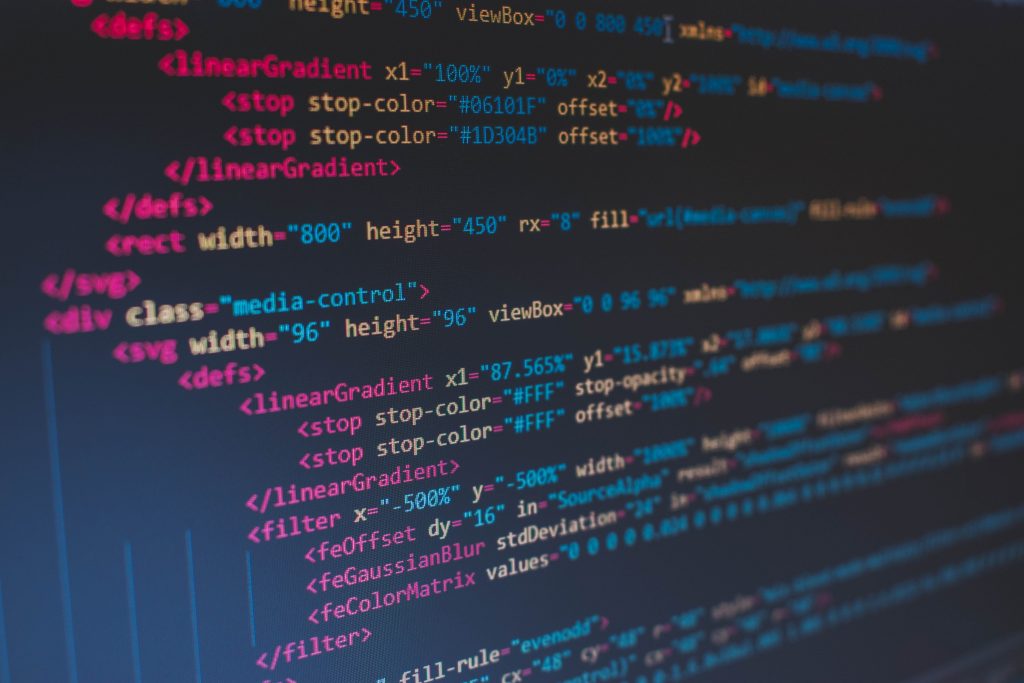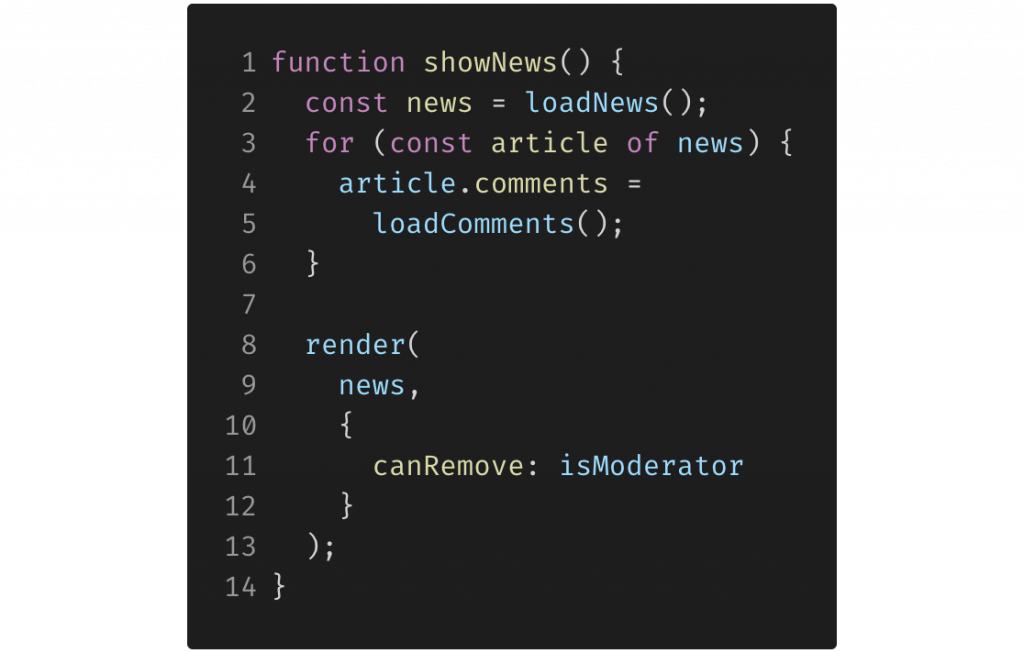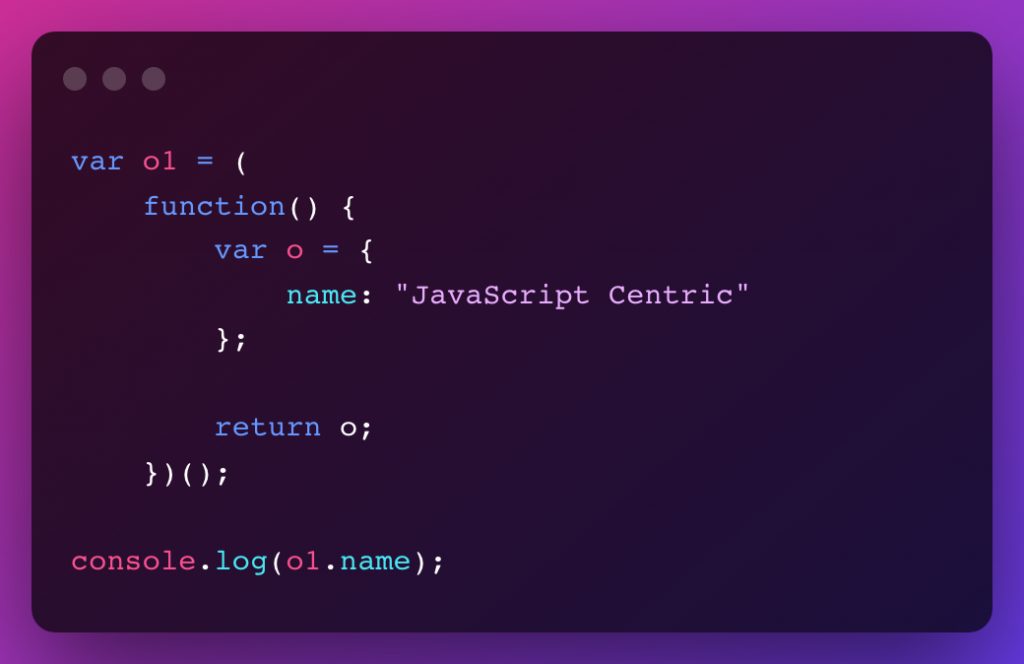
Often in musical performances, we see a man waving a stick, seemingly doing nothing. The man is known as a conductor. A conductor controls and organizes an orchestra. Indentation in programming is like the orchestra’s conductor. It standardizes code which prevent errors during development. Indentation like the conductor is the unsung hero that brings order and clarity to code. In this post we’ll understand why indentation is so crucial, discussing some of its importance.
So why is Indentation Important?
1. Readability:
Imagine reading a dense block of text without spaces, paragraphs, or any form of formatting. It would not only be tiring but you are much likely to make error. Similarly, in coding, indentation acts as the whitespace that divides and organizes code into logical blocks. This makes it easier for developers to read and understand the structure of the code, facilitating collaboration and maintenance.
2. Debugging:
Indentation aids in identifying code blocks, making it simpler to spot errors or bugs. Properly indented code helps developers quickly locate where an issue might reside, streamlining the debugging process and saving precious time during development.
3. Code Maintenance:
Code is not static; it evolves over time. When multiple developers collaborate on a project or when someone revisits their own code after a considerable time gap, clear indentation becomes crucial for maintaining and extending the codebase. Standardization ensures that modifications are seamlessly integrated without introducing unintended side effects.
Four spaces or one tab?
The choices between four spaces and one tab often divides programmer, each confident in their convention as the other, creating a huge debate. Although both methods have the same goal, there are some differences. For starters, the indentation of four spaces will always be constant but a tab might be different depending on which IDE you use. IDEs often set the value of a tab to be equal to four spaces which prevents error however, this is not a guarantee. Secondly you can often edit how much space one-tab leaves. However, this customizability can create inconsistencies, but nothing that can’t be prevented with some careful considerations.
In conclusion, whether it’s Python’s enforced indentation, C/C++’s convention, or JavaScript’s recommended practice, developers across different languages recognize the invaluable role that indentation plays in fostering clarity, collaboration, and efficient code maintenance. So, next time you write code, remember that a well-indented script not only runs smoothly but also sings a melody that all developers can appreciate.





1 comment